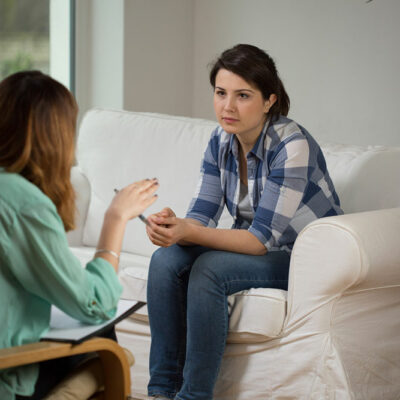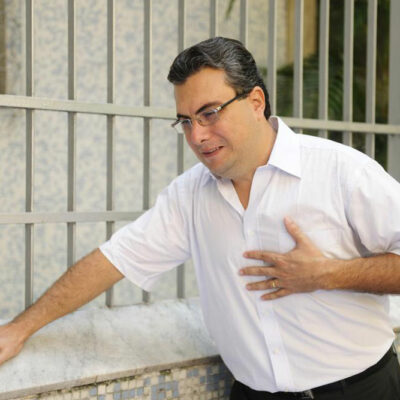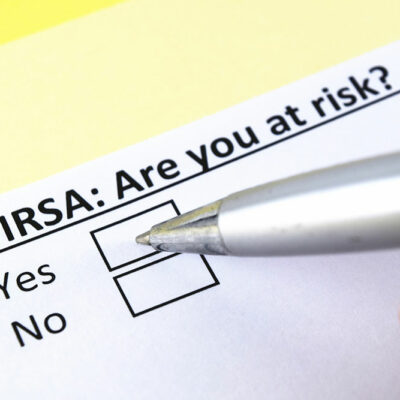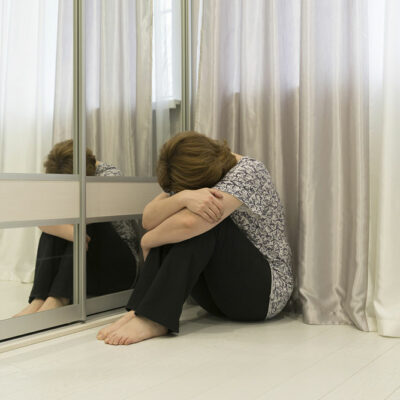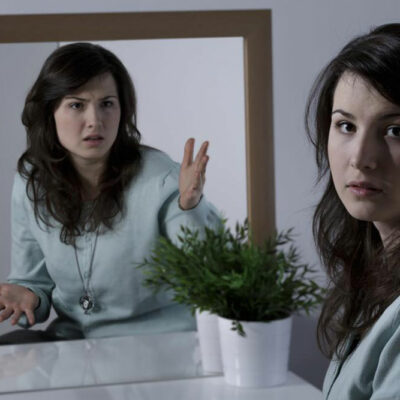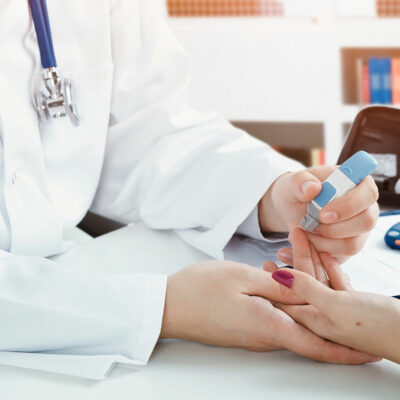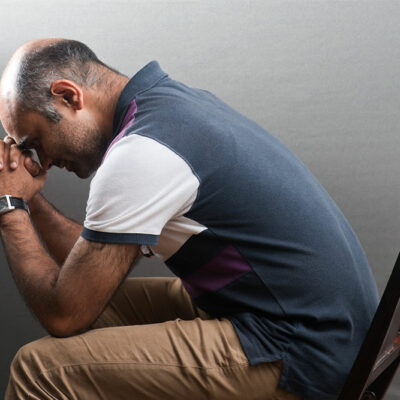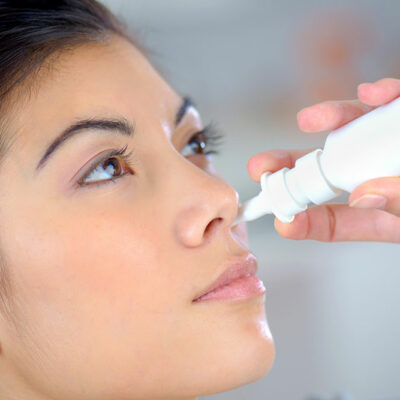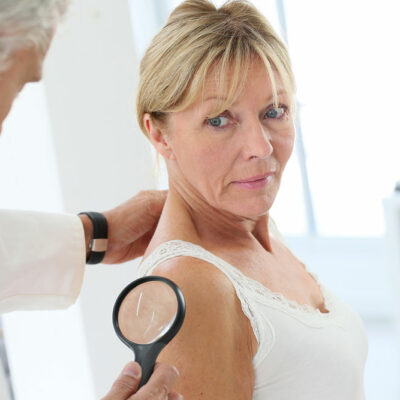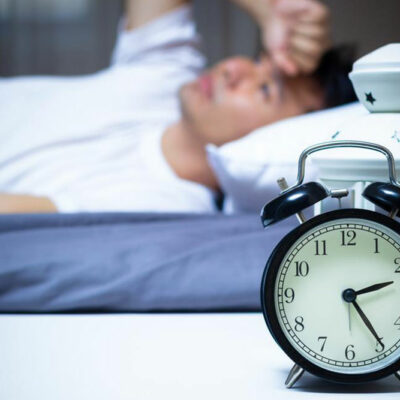
Signs & Symptoms
Understanding the Symptoms and Causes of Sleep Disorders
Symptoms of sleep disorders occur due to a variety of reasons and it is important to identify the reasons for their occurrence. The lifestyle of the patient is disrupted, and if occurrs at the wrong time, it could provide fatal in certain situations. Symptoms of Sleep Disorders Symptoms of sleep disorders normally manifest themselves in the following ways: Perpetually Feeling Tired This is one of the main symptoms of sleep disorders. Even having eight hours of sleep does not help and you have a feeling of grogginess as well as suffering from exhaustion. When the sleep cycle is normal, there are moments of deep sleep as well as light sleep. You should be feeling awake as well as alert. When a full night of sleep still makes you feel sleepy, your brain, as well as your body, are unable to reach the sleep levels that restore your energy. Breathing Stoppage You are told by your partner that you snore loudly and your breathing stops sometimes. Snoring is not as harmless as it appears to be as it could be an underlying sign of sleep apnea which could have fatal consequences. Dozing off During the Day You have a tendency to fall asleep during the day even with a proper night of sleep.

